Climate Projects

57
Projects supported
1,069,046
Avoided tonnes
1,735
Companies
This is where we make an impact
San Miguel Wastewater Power Plant
The project aims to capture the biogas produced during the treatment of wastewater and use it for thermal energy generation in the distillery's boilers and for electricity generation through a newly installed engine.
Learn moreAll projects
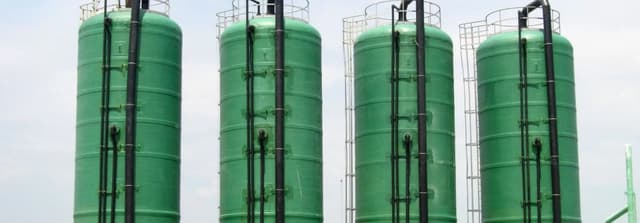
San Miguel Wastewater Power Plant
The project aims to capture the biogas produced during the treatment of wastewater and use it for thermal energy generation in the distillery's boilers and for electricity generation through a newly installed engine.
Learn more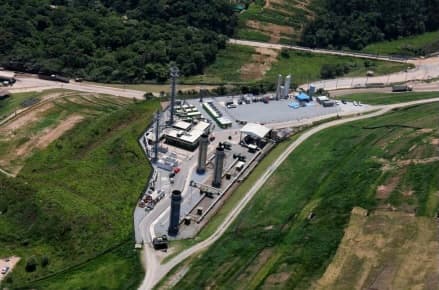
CTL Landfill Project
By capturing and using landfill gas, the project prevents methane from entering the atmosphere and displaces fossil energy — two climate wins in one.
Learn more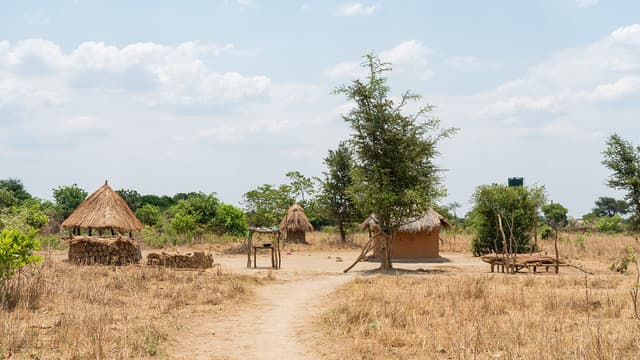
Clean cooking stoves Zambia VPA 3
This project improves health conditions and quality of life on top of fighting climate change in Zambian households. Consumption of local wood fuel is reduced by up to 70% with these cookstoves.
Learn more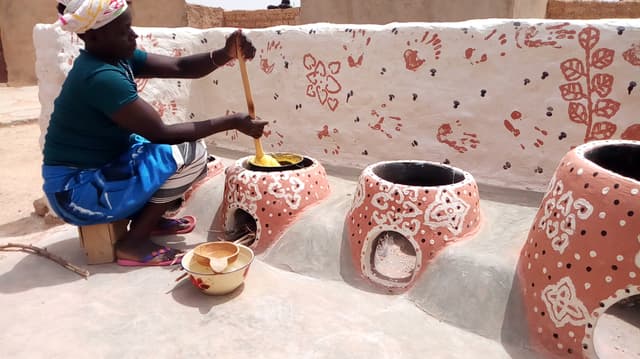
Efficient Cookstoves in Burkina Faso
Contributes to reducing carbon dioxide emissions and improving living conditions for the people of Burkina Faso
Learn more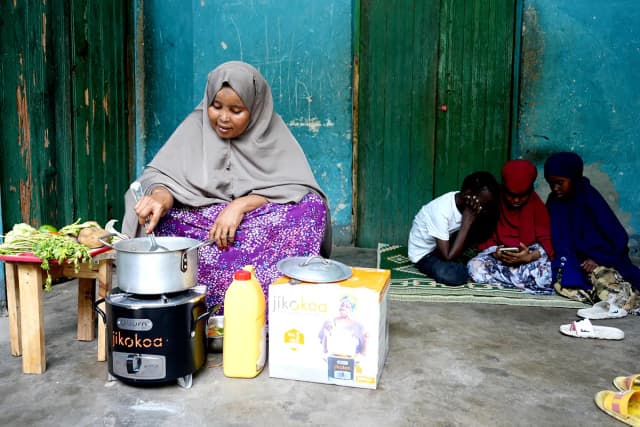
Clean Cooking for households in Somalia
This project deploys highly efficient improved cookstoves reducing woody biomass consumption for households in urban and peri-urban areas of Somalia.
Learn more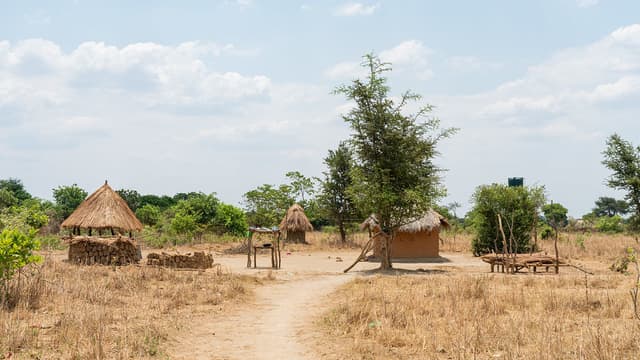
Clean cooking stoves Zambia VPA 3
This project improves health conditions and quality of life on top of fighting climate change in Zambian households. Consumption of local wood fuel is reduced by up to 70% with these cookstoves.
Learn more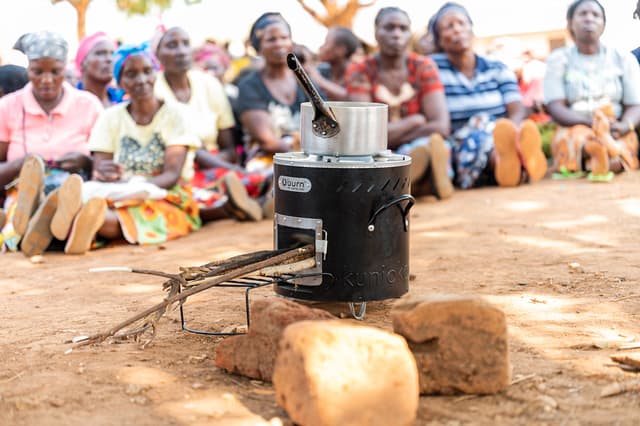
Clean cooking stoves Zambia VPA 1
This project improves health conditions and quality of life on top of fighting climate change in Zambian households. Consumption of local wood fuel is reduced by up to 70% with these cookstoves.
Learn more
WWF Meigu High Efficient Cook Stove Project
Inefficient built-in stoves for cooking and heating are being reconstructed into being 70% more efficient. This contributes to decreasing deforestation and protecting a giant panda habitat.
Learn moreThis is how it works
The purpose of all our projects is to reduce greenhouse gas emissions, for example by contributing to the transition towards renewable energy.
Each operational year of the projects, the avoided emissions are measured in carbon dioxide equivalents, which we purchase as carbon credits. This means that the impact can't later be undone.
We always pick the projects that make the most climate impact. This can, for example, be projects in highly fossil-fuel dependent countries where clean renewable energy makes a big difference.
In addition to the climate impact, the projects contribute to local sustainable development, for example by offering jobs or improving air quality.
Projects are certified by strict standards, such as the Gold Standard, and are regularly reviewed by independent third parties.
